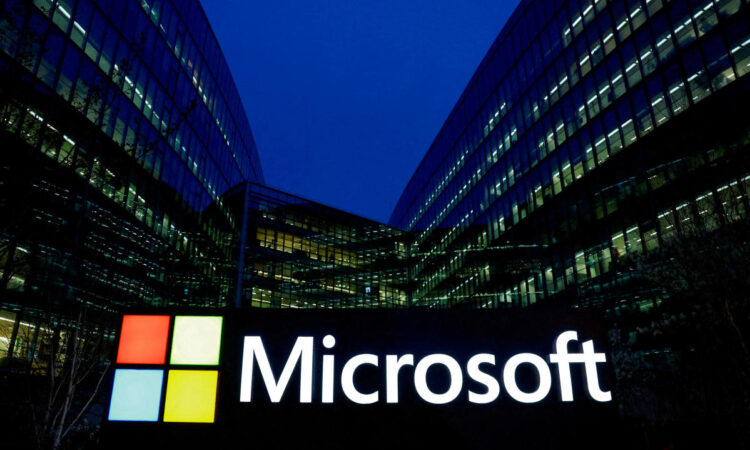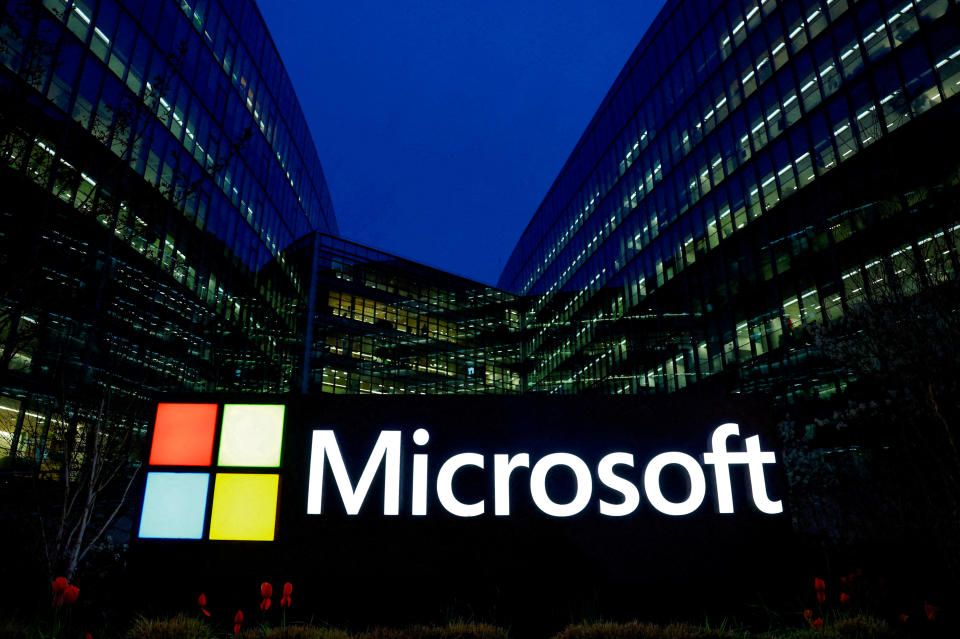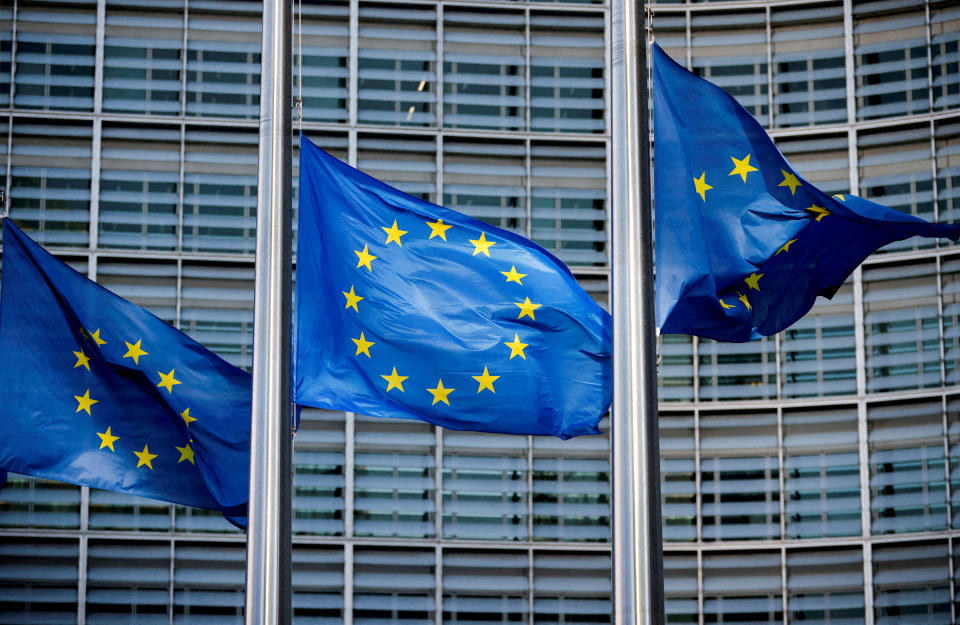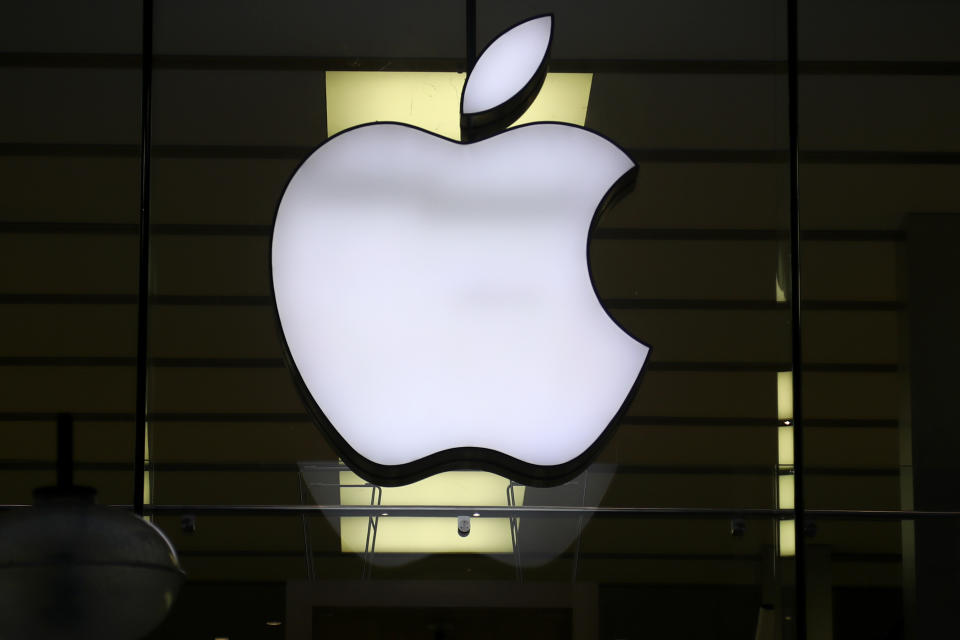
The EU keeps turning up the heat on US tech giants.
European regulators hit Microsoft (MSFT) with an antitrust charge Tuesday, one day after the same regulatory body charged Apple (AAPL) with violating European Union competition law.
The European Commission (EC), the EU’s antitrust authority, said it informed Microsoft of its view that the tech giant had been illegally bundling — or “tying” — its Teams software to other proprietary business software, including Office 365 and Microsoft 365.


Tying the software applications together, according to the EC, violates the Treaty on the Functioning of the European Union (TFEU), which prohibits abuse of dominant market positions.
Fines for violations can run up to 10% of a company’s worldwide annual revenue. For Microsoft, global revenue in 2023 totaled $212 billion.
Microsoft president Brad Smith said the company has already untethered Teams from some of its other software products.
“We appreciate the additional clarity provided today and will work to find solutions to address the commission‘s remaining concerns,” he said.
The EC on Monday took a similar step against Apple, informing the iPhone maker that the rules for its lucrative App Store violated a different antitrust law — the EU’s recently enacted Digital Markets Act (DMA) — by illegally blocking software developers from telling customers how to access content outside the store.
Apple defended its practices, saying, “We are confident our plan complies with the law.”
The actions this week are the latest examples of how the EU is making life a lot more challenging for businesses across the globe.
The 27-nation bloc has aggressively adopted new laws meant to police personal data and social media content, as well as the dominance of Big Tech. It has sued to block mergers, and it readied the world’s first comprehensive legislation to police artificial intelligence.
The EU, which was created in 1993, has a long history of moving more aggressively in its regulation of businesses than the US.


It even chalked up some early victories. In 2001, its antitrust stance doomed a $42 billion proposed merger between GE and Honeywell, even though that industrial union had received approval in the US.
In 2007, it adopted broad environmental legislation that pushed chemical companies around the globe to adhere to new restrictions.
In more recent years, the EU’s attempt to rein in tech giants has become a core focus. The EU’s first major tech legislation, the General Data Protection Regulation (GDPR), went into effect in 2018.
It is designed to protect consumer privacy and security and imposes obligations on companies anywhere in the world as long as they “target or collect data related to people in the EU.”
The EU then added two more laws in subsequent years — the Digital Markets Act and Digital Services Act— that attempt to curb the dominance of Big Tech companies like Apple, Amazon (AMZN), Meta (META), and Microsoft, and the content of major online social media and e-commerce sites.
The charges announced this week against Microsoft and Apple are detailed in separate legal filings, or statements of objection, that detail the EC’s investigative evidence and justifications for its claims.


In its statement outlining the charges against Microsoft, the EC said the tech giant’s practices may have granted Teams a distribution advantage because customers had no choice about whether to acquire access to Teams when subscribing to the company’s software productivity applications.
The commission went on to say that Microsoft imposed interoperability limitations on competing software with Teams, and that those limitations may have prevented competition, stifled innovation, and disadvantaged consumers.
Complaints over Microsoft’s software bundles originated back in 2020 when Salesforce-owned Slack, a business software competitor, claimed the company was abusing its market power.
The EC’s investigations into the matter led Microsoft in October 2023 to untether Teams from some of its other software products. In April, it applied the change globally.
Microsoft will now have an opportunity to present its own evidence in response to the objections before the EC issues a final decision on whether or not the bloc’s antitrust laws were breached.
The EC’s final determinations are handled through administrative proceedings without a trial. However, appeals from the Commission’s final determination can be made to the European Court of Justice.
Alexis Keenan is a legal reporter for Yahoo Finance. Follow Alexis on Twitter @alexiskweed.
Click here for the latest technology news that will impact the stock market
Read the latest financial and business news from Yahoo Finance






